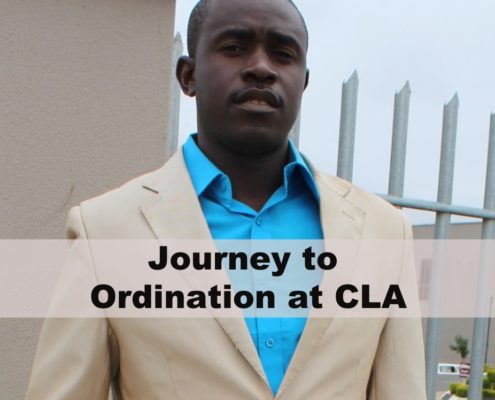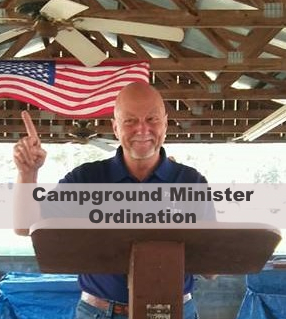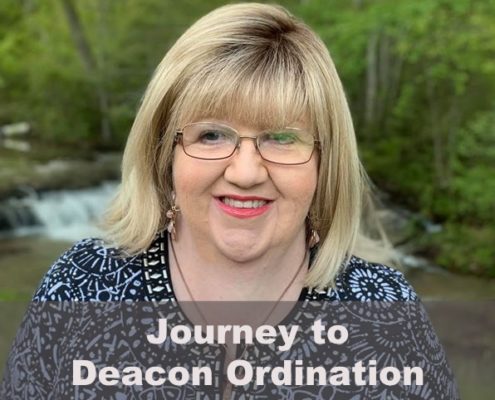Exploring Ecuministry Ordinations: A Comprehensive Overview
Ecuministry, deriving from the amalgamation of “Ecumenical” and “Ministry,” epitomizes a theological approach dedicated to nurturing unity within the Christian community while embracing diversity in beliefs and practices. This in-depth exploration delves into the origins, principles, and biblical foundations of ecuministry ordinations, shedding light on its significance in contemporary Christian contexts.
Origins of Ecuministry
Ecuministry’s roots can be traced back to the broader ecumenical movement, which initially aimed to foster unity and dialogue to overcome major theological disagreements among various Christian denominations. However, while continuing these discussions, ecuministry emphasizes the importance of collaborative ministry, shifting the focus from mere dialogue to active partnership among Christian societies and denominations. In essence, ecuministry transcends denominational boundaries to embrace all believers, promoting unity amid diversity.
With approximately 2.3 billion Christians worldwide representing diverse traditions and theological perspectives, ecuministry acknowledges the joint ministry opportunities believers share across the spectrum.
Principles of Ecuministry Ordinations
At the core of ecuministry ordinations lie several fundamental principles guiding its practice and implementation:
- Biblical and Essential Doctrinal Agreement: Ecuministry underscores agreement on core Christian teachings, ensuring unity in essential beliefs while allowing for diversity in non-essential matters.
- Ordination for Collaborative Ministry: Ecuministry offers ordination enabling individuals to minister as part of the Christian Leaders Alliance while remaining members of their current faith communities. This fosters collaboration and unity in ministry endeavors.
- Collaborative Ministry: Ecuministry promotes collaborative efforts among Christians from diverse backgrounds to address common challenges, engage in mission and service, and advance the kingdom of God.
- Spiritual Formation: Central to ecuministry is cultivating spiritual maturity and growth among believers through worship, prayer, study, and fellowship, fostering a deeper relationship with God and one another.
- Breaking Down the Clergy-Laity Divide: Ecuministry challenges the traditional clergy-laity system by recognizing the value and contributions of all believers, empowering volunteer or part-time ministers to make meaningful impacts within the church.
Biblical Foundations of Ecuministry Ordinations
The principles of ecuministry ordinations find a solid grounding in various biblical teachings and narratives emphasizing unity, diversity, and collaborative ministry within the body of Christ:
- Ephesians 4:1-6: The apostle Paul urges believers to walk in unity, emphasizing the diversity of spiritual gifts and the essential unity of the body of Christ.
- 1 Corinthians 12:12-27: Paul employs the human body analogy to illustrate the interconnectedness and interdependence of believers within the church, highlighting the need for mutual care and solidarity.
- John 17:20-23: Jesus’ high priestly prayer underscores his desire for unity among his disciples and future believers, emphasizing the transformative power of unity in bearing witness to the world.
- Galatians 3:28: Paul declares the equality of all believers in Christ, transcending social, cultural, and gender distinctions.
- Matthew 28:19-20: The Great Commission underscores the universal scope of the gospel message and the mandate for collaborative ministry in proclaiming the good news.
Contemporary Applications of Ecuministry Ordinations
In contemporary contexts, ecuministry ordinations find expression in various forms and practices:
- Ecuministry Ordination Path: The Christian Leaders Alliance offers an ecuministry ordination path, enabling individuals to become licensed or ordained ministers while remaining connected to their local faith communities.
- Ecuministry Partnerships: Ecuministry fosters partnerships and alliances among Christian denominations, organizations, and ministries, promoting unity and collaboration in mission and service endeavors.
- Cross-Cultural Engagement: Ecuministry embraces cultural diversity and seeks to bridge cultural divides within the church and society, promoting cross-cultural exchange and mutual enrichment.
In conclusion, ecuministry ordinations embody a transformative vision of unity amid diversity within the Christian community, rooted in biblical principles and aimed at advancing the kingdom of God. As followers of Christ, may we embrace the call to ecuministry ordinations, fostering collaboration, unity, and reconciliation for the glory of God and the advancement of his kingdom.

Journey to Ordination at CLA
Deacon Minister
Ordained Home Minister
Deacon Minister
On Fire Ordained Minister
Deacon Minister
Becoming an Ordained Leader
Deacon Minister
Campground Minister Ordination
Deacon Minister

